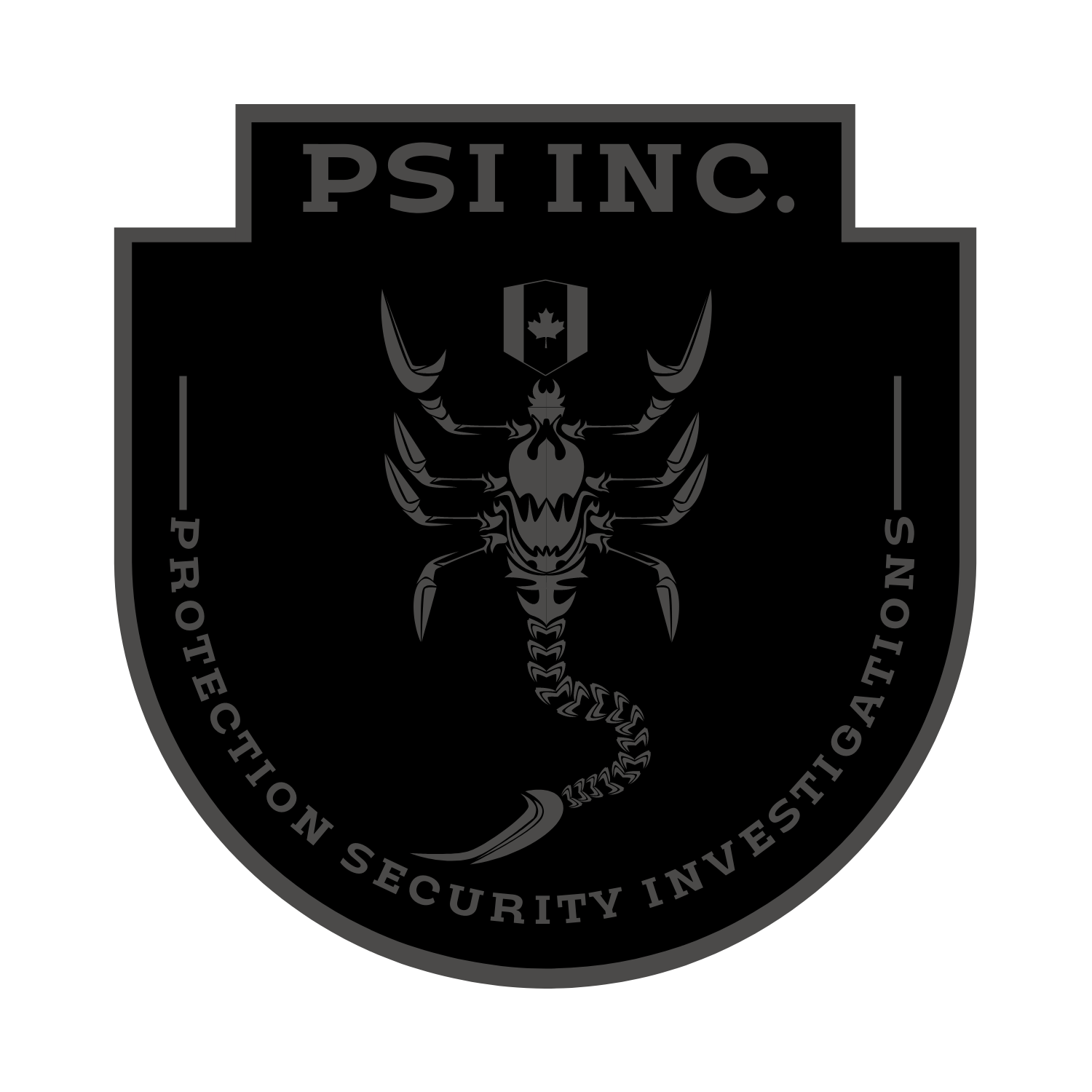Reframing the Stage: A Lens on Security and Surveillance in Theater
Theater has always been a mirror to society, reflecting the nuances of human emotion and societal challenges. In this exploration, we take a seat in the auditorium to understand how plays and musicals have portrayed the critical themes of security and surveillance, often stirring debate and fostering introspection.
Shakespeare's "Hamlet": The Personal Costs of Distrust
In Shakespeare's "Hamlet," the eponymous character navigates a web of espionage and deceit. This classic tragedy unveils the psychological strain of surveillance, as Hamlet wrestles with the question of existence itself in a space where privacy is compromised by royal schemes.
Takeaway:
The play prompts us to examine our mental sanctuaries – how safe are our thoughts when trust erodes and eyes pry from every shadow?
Orwell's "1984": A Cautionary Tale of Totalitarian Watch
George Orwell's stage adaptation of "1984" brings to life the dire consequences of governmental overwatch. The play's vivid portrayal of an omnipresent surveillance state reveals the corrosive effects on individual liberty and truth.
Takeaway:
It's a stark reminder of the delicate balance between national security and personal freedom, highlighting the slippery slope of sacrificing privacy for the illusion of safety.
"Les Misérables": The Duality of Justice and Oversight
Set in the tumultuous era of early 19th-century France, "Les Misérables" juxtaposes the quest for justice with the moral implications of unyielding surveillance, embodied by the relentless Inspector Javert.
Takeaway:
The narrative challenges us to ponder the ethics of oversight and the impact of unwavering law enforcement on human compassion and redemption.
Arthur Miller's "The Crucible": The Hysteria of Suspicion
"The Crucible" presents a society gripped by fear, where personal vendettas are cloaked in the guise of public safety, leading to a cascade of injustices.
Takeaway:
Miller's play warns us of the perils that arise when surveillance becomes a tool for mass hysteria, rather than a mechanism for protection.
"Cabaret": Under the Shadow of a Regime
"The Kit Kat Klub in 'Cabaret' symbolizes the struggle between escapism and the harsh realities of a society under surveillance.")
Within the vibrant decadence of the Kit Kat Klub in "Cabaret," lies a narrative punctuated by the stark reality of political surveillance during the Nazi ascent to power in Berlin.
Takeaway:
The musical prompts a dialogue on the ethical quandaries posed by a society where the lines between security measures and oppression blur.
Brecht's "The Resistible Rise of Arturo Ui": A Satire on Authority
Bertolt Brecht employs a satirical lens in "The Resistible Rise of Arturo Ui" to dissect how surveillance and fear are manipulated by those hungering for power.
Takeaway:
The play's dark humor serves as an admonition about the ramifications of unchecked governmental control and the essentiality of public vigilance.
"Nineteen Eighty-Four: The Musical": Big Brother's Omnipotent Gaze
In the musical rendition of "1984," Big Brother's ever-present eye encapsulates the extreme end of surveillance, where privacy is eradicated under the guise of public good.
Takeaway:
The musical adaptation reiterates the menacing reality of a society under constant watch, prompting introspection on our own societal values around privacy and control.
Reflecting the Now Through the Stage
Theater continues to cast a spotlight on pressing issues, with security and surveillance remaining as relevant today as they were in the times of Shakespeare or Orwell.
As we give a standing ovation for the dramatic portrayals that stir our consciousness, we must also engage in dialogue about the modern implications of these age-old themes. The stage becomes more than just a platform for entertainment; it is a catalyst for critical thought and change.
Let's take the conversation beyond the curtain call.
How do these reflections on security and surveillance resonate with you in today's digital age?
Join the discussion in the comments and share your perspective on the intersection of theater and societal issues.

